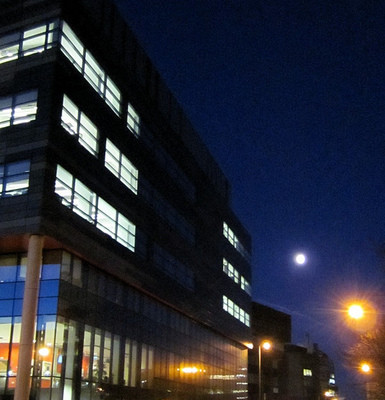Mediator Fatigue
Down here in New Zealand it’s high summer and most of the country will spend until the end of January at the beach. I remember, when I was still at my law firm 10 years ago, the feeling of brief respite at this time of year before having to put on my boots again and trudge…


